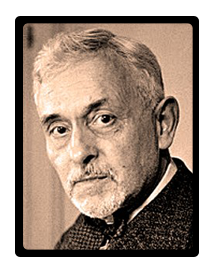DIONYSIAQUES OP. 62 (Rev. by Felix Hauswirth)Dionysiaques is an astounding 11-minute power trip that takes the listener on an unforgettable sonic journey. Although the work is not actually programmatic, its title suggests a Dionysian orgy, which is fully performed in the intensity of the music with its fascinating contrasts: melancholic chromatism alternating with thrilling tutti climaxes. Furthermore, the score has an intriguing orchestration, which requires several unusual instruments for the epoch, such as the sarrusophone, the bass saxophone, the double bass clarinets and even the string double basses. Like many of Schmitt's compositions, the music is a hurdle for its performers, which may partly explain why "Dionysiaques" took many decades to become a staple of the concert band's repertoire. The first two recordings of Dionysiaques were made by the same Band of the Garde républicaine de Paris, three months apart! The first was recorded in November 1927 with composer-director Guillaume Balay conducting, while the second recording was made in February 1928 under the guidance of Pierre Dupont. These early Dionysiaques recordings are of particular historical interest since they used Schmitt's original orchestration, including a series of instruments that are no longer part of the typical list of wind ensembles (petit bugles, saxhorns, sarrusophones and the like). Yet something interesting occurred, starting in another corner of the world. In Japan, a country with a marked tradition of woodwind schools, Dionysiaques began to appear as a work of competing bands. Over the past 30 years, there have been countless performances of Schmitt's score with wind ensembles at the middle, secondary and university levels. Most recently, in 1992, Dionysiaques was named one of the best compositions for the "Top 10" concert band performances as part of an overall assessment of "serious artistic merit" wind scores by a panel of 20 judges including such great specialists as Eugene Corporon of the Cincinnati Conservatory and Donald Hunsberger of the Eastman School of Music, with the legendary Frederick Fennell as project advisor. What gives Dionysiaques its staying power as a concert piece? It is highly ingenious ... always fresh and interesting ... and in the end, genuinely thrilling. One rarely hears a piece of music that transports the listener through so many moods and contrasts in a dozen minutes. In short, Dionysiaques has existed for a century, yet it never ages. |

